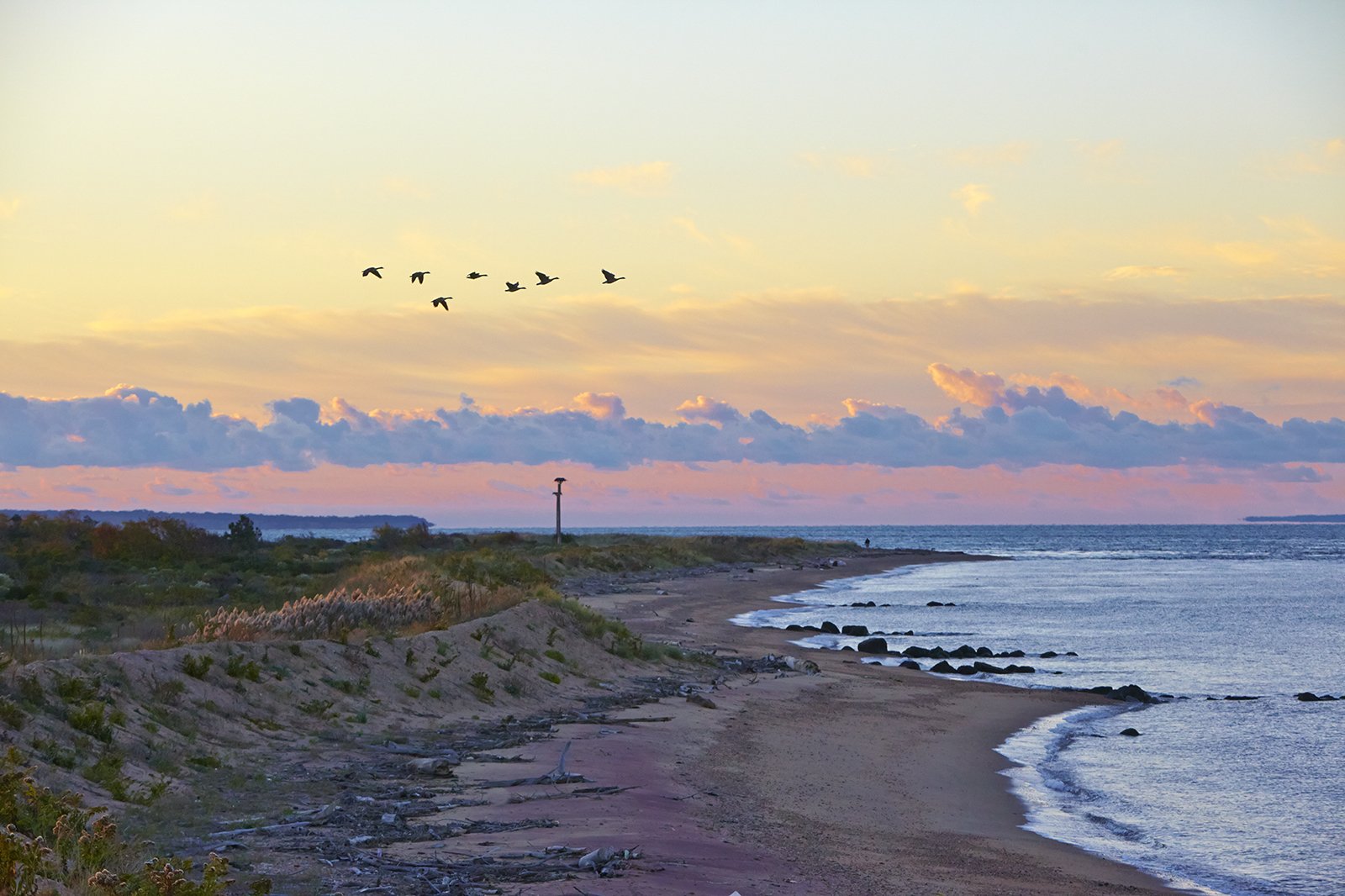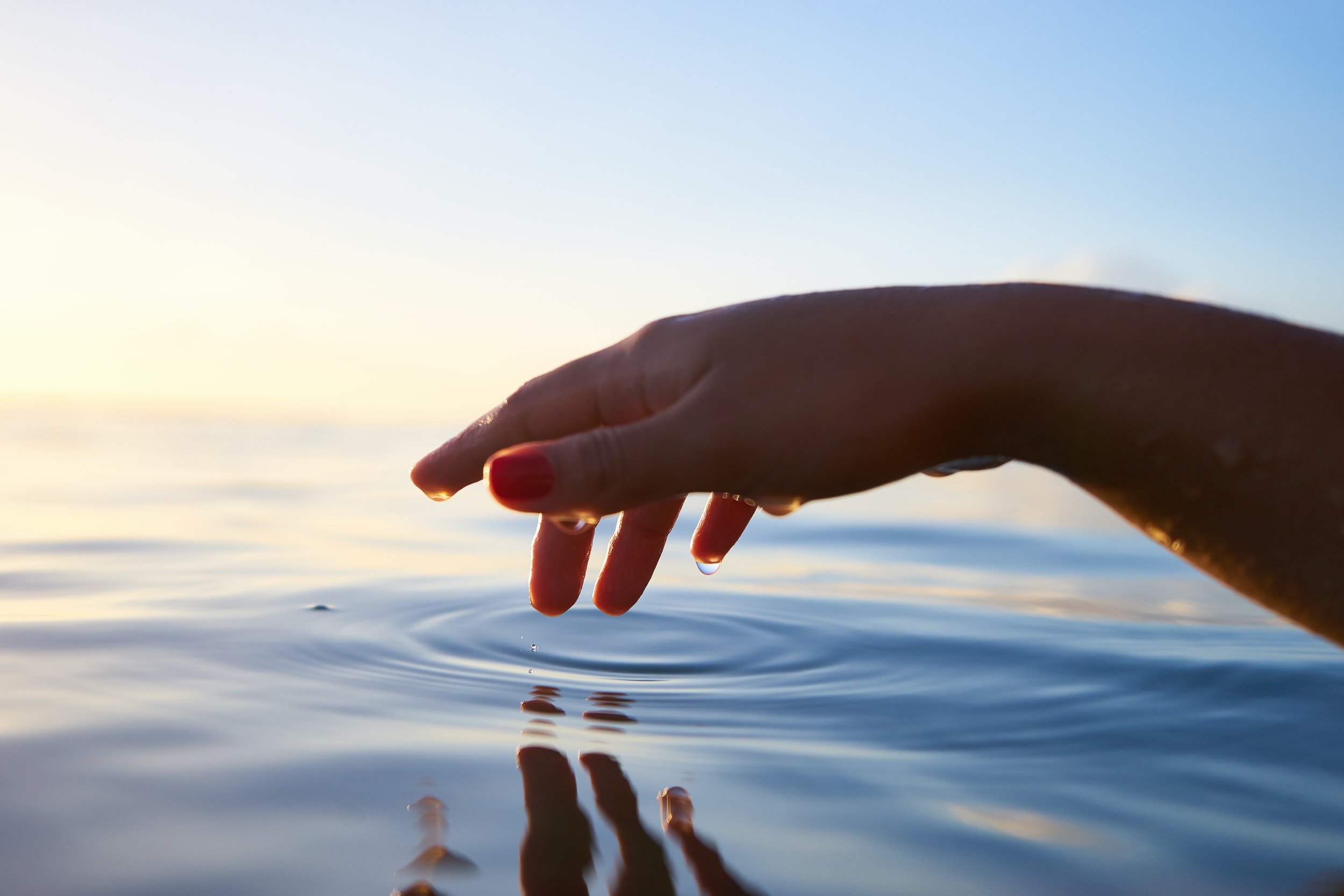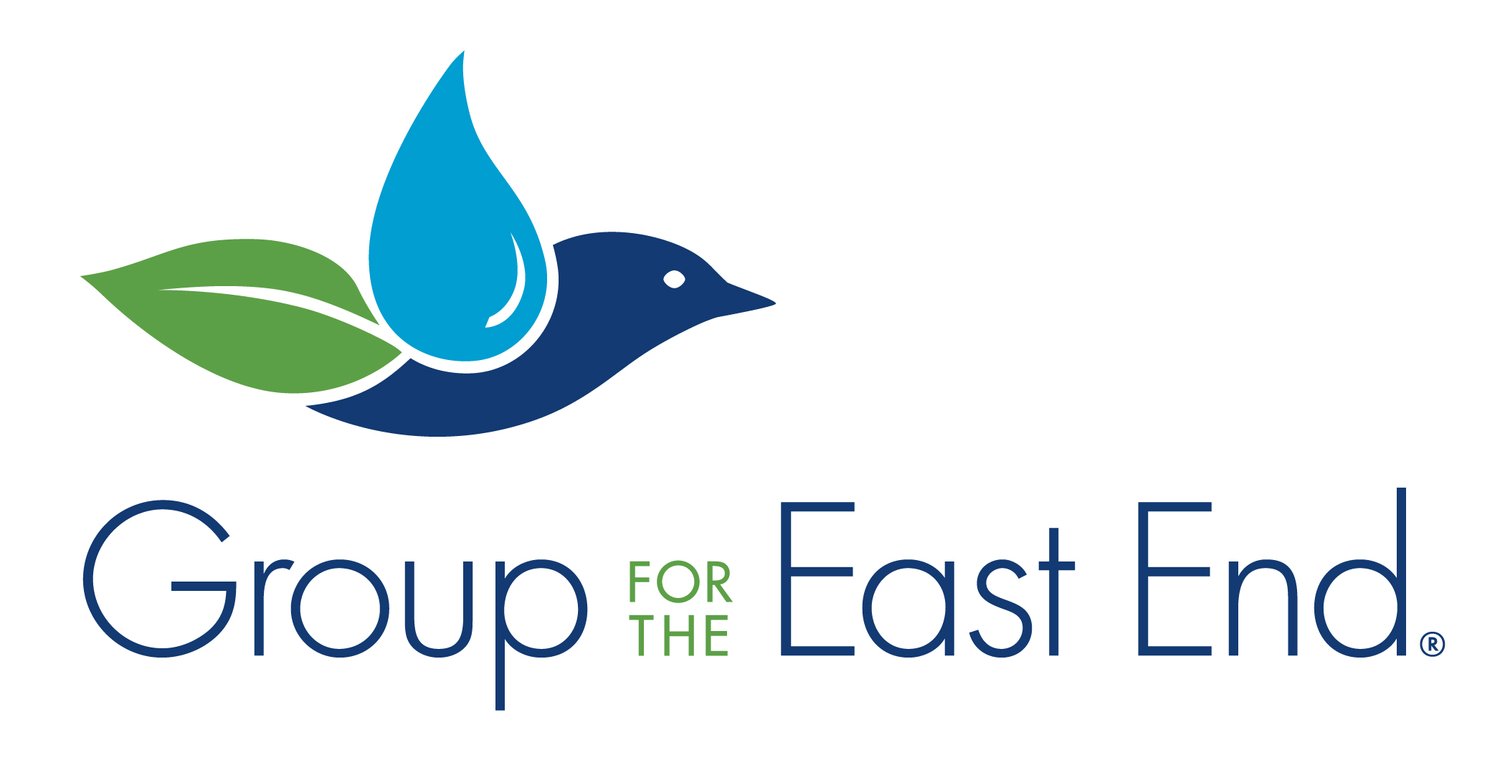
Past Environmental Efforts

Preventing Medications from Entering East End Waters
When flushed down the toilet, prescription and over-the-counter medications can contaminate our drinking water, bays and harbors. To combat these potential pollutants, the Group established the East End Medication Disposal Program, which allows residents to safely discard unused medications in one of our medication drop boxes, permanently located at police stations. Safe disposal can also help prevent drug misuse, abuse, and harm to children and pets. Approximately 2,000 pounds are collected annually.
READ MORE ON THE EAST END MEDICATION DISPOSAL PROGRAM
Everything you need to know about the East End Medication Disposal Program
East End Medication Disposal Program Nets More Than 1,850 Pounds
Cleaning Up Long Island’s Coastal Waters
Faced with declining drinking water quality, beach and shellfish area closings, toxic brown and red tides in our bays and harbors, harmful blue-green algae in our freshwater ponds and lakes, and die-offs of fish and salt marshes, the Group co-founded the Long Island Clean Water Partnership in 2013. To protect and restore water quality, the partnership (1) advocates for affordable installation of high-tech waste treatment systems, (2) raises public awareness through community forums, and (3) works with elected officials to develop funding sources and pass laws that protect our water resources. Today LICWP has over 100 member organizations across Long Island committed to this critical effort.
NYSWAP.ORG
To raise awareness about wildlife species on the verge of disappearing from the East End, the Group created the New York State Wildlife Action Plan website, nyswap.org, a comprehensive wildlife conservation strategy that addresses the future of species whose populations are at critically low levels due to overdevelopment, industrial operations, climate change, invasive species and shifts in natural habitats.
Ditching Plastic Straws
The Group has worked with East End schools and communities to “go strawless.” Between two and four hundred million plastic straws are used every day in the U.S., usually for just a few minutes, but they can take centuries to break down. Straws and other single-use plastics end up in landfills and in our waters, where marine birds, fish, sea turtles, and scores of other wildlife regularly ingest or become entangled in this harmful debris, leading to injury or even death.
Horseshoe Crab Monitoring
From May to late June, horseshoe crabs spawn during high on the new and full moon. The Group has led horseshoe crab citizen science projects at South Harbor Beach in Southold to count and tag these nocturnal creatures, recording valuable data about the species to help determine the management and conservation of this important species throughout the New York region.
